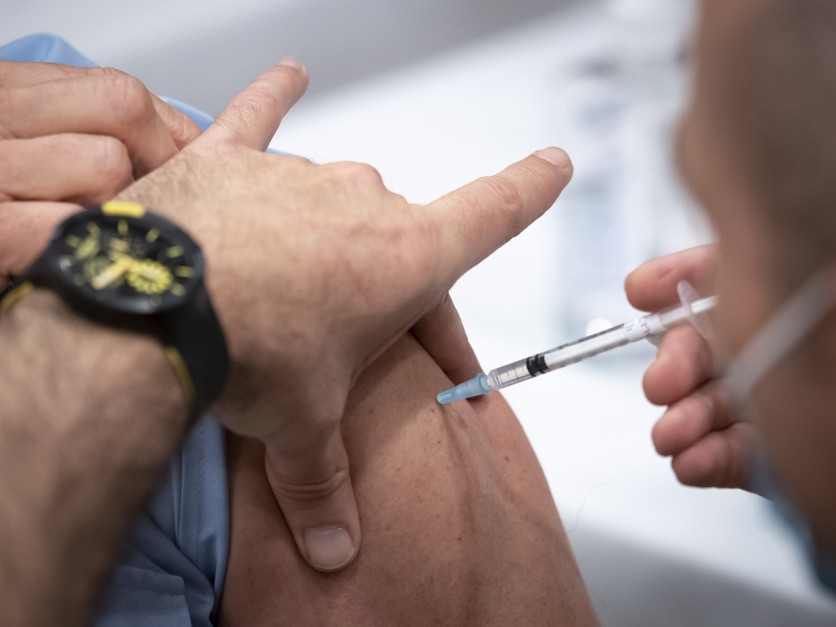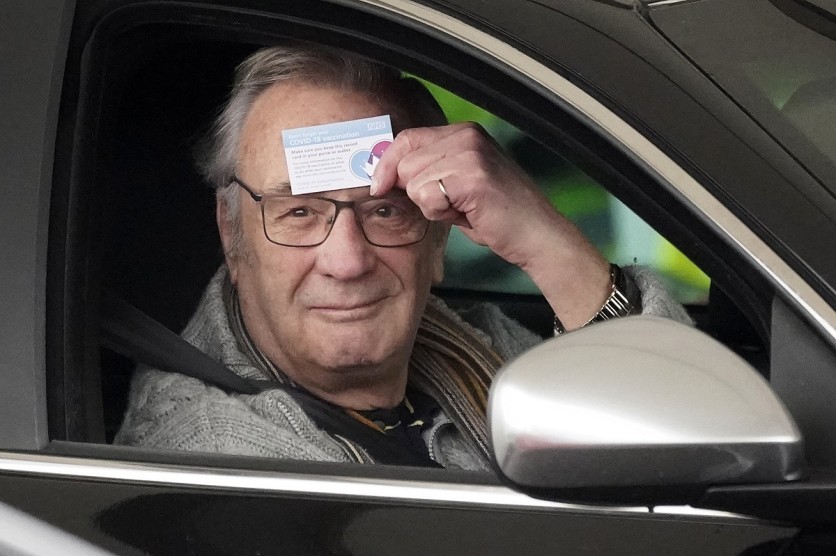Vulnerable populations aged 65 and over Americans are having difficulty setting online appointment for COVID vaccine rollout as some health systems plan to use apps and programs.
While technology may be a great way to manage appointments, elderly Americans might have limited access with it, particularly those who do not own a smartphone.

Vulnerable populations having difficulty setting appointments
Children's Hospital of Philadelphia's visiting research scientist Angela K. Shen who previously worked at the US Department of Health and Human Services offered her recommendations on how the U.S. should distribute vaccines equitably. She wrote in her report that older adults should get the vaccine first without having to pay for it.
However, since CVS Health would require people to set an appointment via the app or online while it administers 20 to 25 million jabs every month in the U.S. while Beaumont Health asks the elderly to access the hospital's online portal to set an appointment.
Shen also said using online appointments to get access to vaccines disadvantages rural communities and older Americans who lack access to fast internet. Instead, she advised healthcare systems focus on providing vaccines to large part of the population, which might require using technology likes mobile apps.
Shen said authorities can tweak strategies that are not working to reach those who were missed. She urged having different methods to reach various groups like in Colorado where seniors from disadvantaged areas got first access in drive-through vaccination clinics. The US then used paper cards to remind people when the second dose is due.

Moreover, Shen noted that high-risk communities should remain wearing masks and following social distancing rules if older populations still have uneven access to vaccines. She added that not all elderly people who do not use a cell phone are at higher risk.
"It depends on what actions you yourself are doing," Shen told Business Insider, adding that plenty of older people use technology while others still do not.
Meanwhile, governments should employ more in-home providers to administer the vaccines to 2 million people over 65 who cannot leave their homes.
5 ways to boost COVID Vaccine Rollout
After the U.S. was only able to rollout the vaccine among 2.8 million Americans at the end of 2020, the Food and Drug Administration is encouraging the vaccinating elderly Americans to speed up the jab distribution. This is far less than the initial goal of 20 million. NPR suggested five ways to enhance the vaccination process.
- Get access to more vaccines with other simpler jab candidates.
- Ensure sufficient funding for the COVID vaccine rollout.
- Open up mass vaccination sites to hold thousands of people daily.
- Hold wider, more stringent public awareness campaigns.
- Ensure a steady supply of vaccine doses.
COVID-19 vaccine rollout plan: How elderly could access it?
Health and Human Services Secretary Alex Azar told reporters that states do not need to complete vaccinating all healthcare providers before giving out opening vaccinations to vulnerable populations, particularly the older population.
According to the Centers for Disease Control and Prevention, people 75 and older have eight times higher risk of getting hospitalized after acquiring COVID-19 and are likely to die 220 times more than those aged 18 to 28. The US should already administer the oldest groups before gradually rolling it out among the younger people to reduce hospitalizations and deaths.
Related article: If COVID Vaccine Delivery Accelerates, Herd Immunity Possible by July, Life to Normalize by Fall 2021 - Fauci Says
This is owned by Tech Times
Written by CJ Robles
ⓒ 2025 TECHTIMES.com All rights reserved. Do not reproduce without permission.




